The world’s first all-electric commercial flight
We’ve been following electric engineering company MagniX for some time, and it was fantastic to see them hit a major milestone this week, when they performed the world’s first commercial test flight in a 100% electric aircraft.
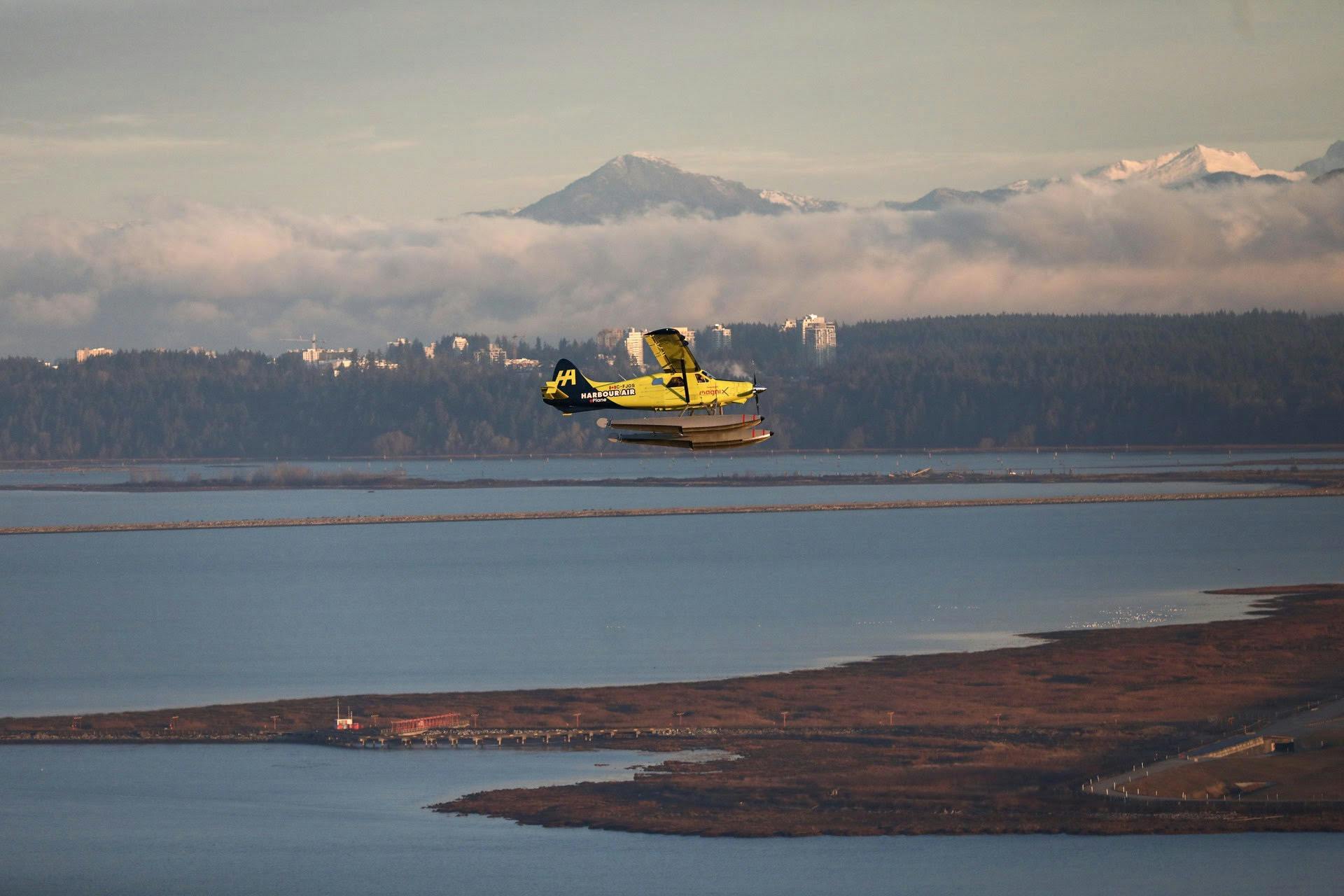
While electric-powered light training aircraft such as the Pipistrel are already flying active missions, this 15-minute flight was the first for a commercial aircraft – a 6-seater DHC-2 de Havilland Beaver seaplane operated by Harbour Air, which has been refitted with MagniX’s 750-horsepower (560 kW) magni500 propulsion system.
The flight took place on December 10th over the Fraser River at Harbour Air Seaplanes terminal in Richmond (YVR South), and was piloted by Harbour Air CEO and founder Greg McDougall.
This is one of a handful of electric aviation projects overseen by MagniX CEO and electric aviation pioneer Roei Ganzarski. He is also the chairman of Eviation, whose clean sheet all-electric Alice aircraft is reportedly close to making its own first flight tests.
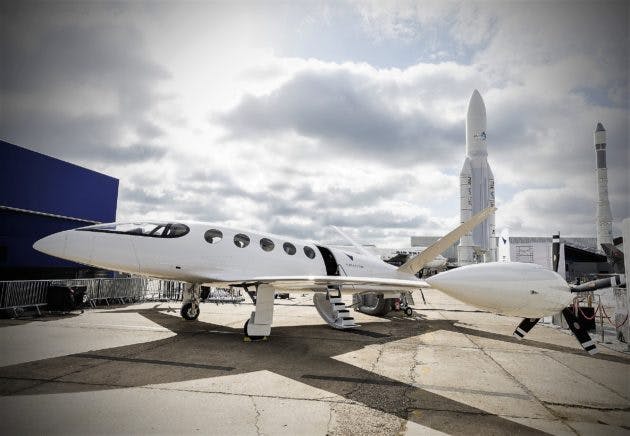
The limited power in this first electric DHC-2 is enough for around a 160km flight range. This can fulfil Harbour Air’s typical charter missions between Vancouver, Whistler and nearby islands and coastal communities. But batteries and electric motors are evolving rapidly, so will undoubtedly develop to power longer flights.
MagniX is working on plans for its next-generation 1,500HP Magni1000 motor and experimenting on a Cessna Citation jet aircraft at their Washington test centre. “The range now is not where we’d love it to be, but it’s enough to start the revolution,” said Ganzarski.
The potential for electric in private aviation
As this pioneering flight demonstrates, electric aircraft have real, immiment and exciting potential – for business aviation in particular.
Sufficient power for heavy, longer range airliner flights will still take a considerable time to develop. But for private aircraft (where the majority of flights are in smaller aircraft, flying shorter missions with fewer passengers) the reality is much closer. So business aviation is likely to be the first commercial sector of aviation to implement all-electric aircraft.
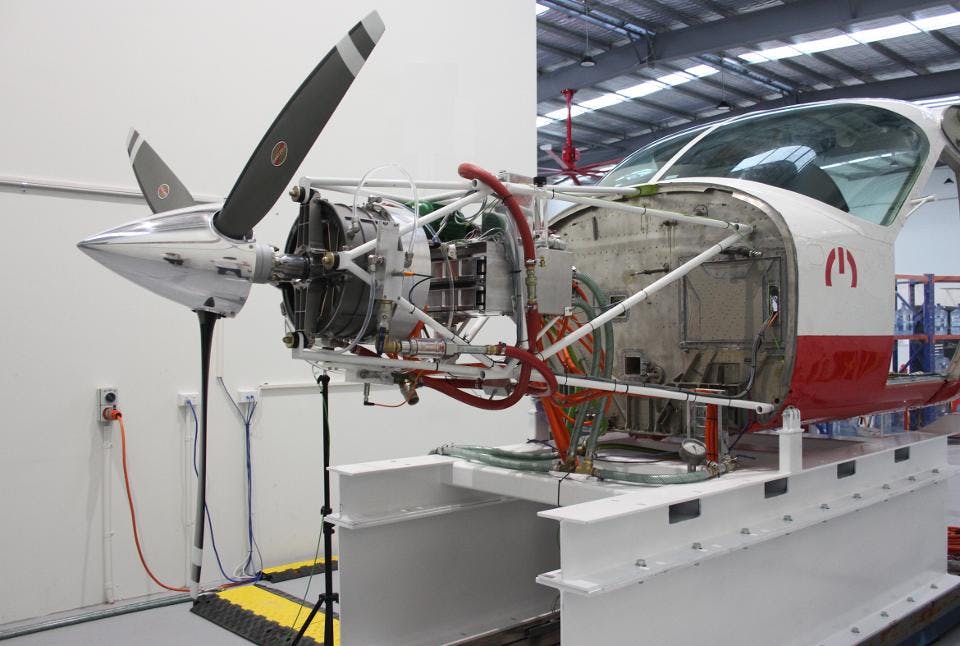
When will electric aircraft be available for commercial charter?
MagniX and Harbour Air are continuing their testing and certification process. And if battery technology improves as quickly as anticipated, Harbour Air’s 40-strong fleet will be converted to all-electric propulsion with the aim of beginning commercial service by 2022.
Eviation say they are hoping to see certification for Alice from the Federal Aviation Administration by early 2022.
And of course there are many others in the race, with around 200 electric aircraft programs in development globally. If the infrastructure can be developed alongside, the next decade could herald the start of all-electric aircraft in on-demand charter.
For the latest company and industry news from PrivateFly, sign up to our weekly newsletter, and follow us on Facebook, Twitter, LinkedIn and Instagram.
Related content
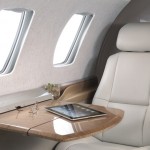
Do all private jets have Wi-Fi?
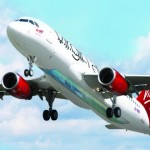
Which Would You Fly In: No Windows or Glass-Bottom Aircraft?



